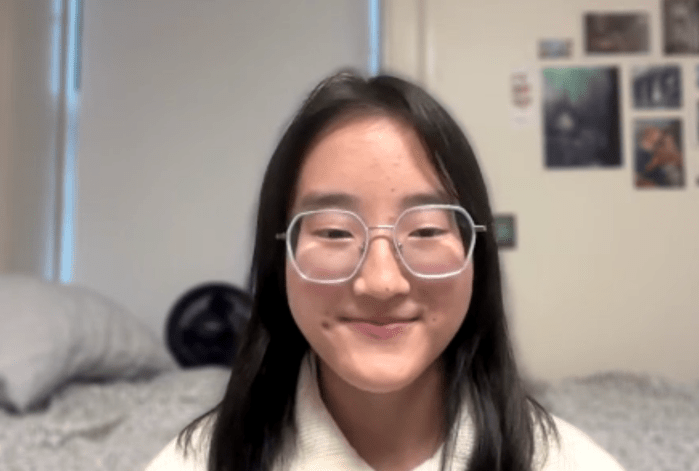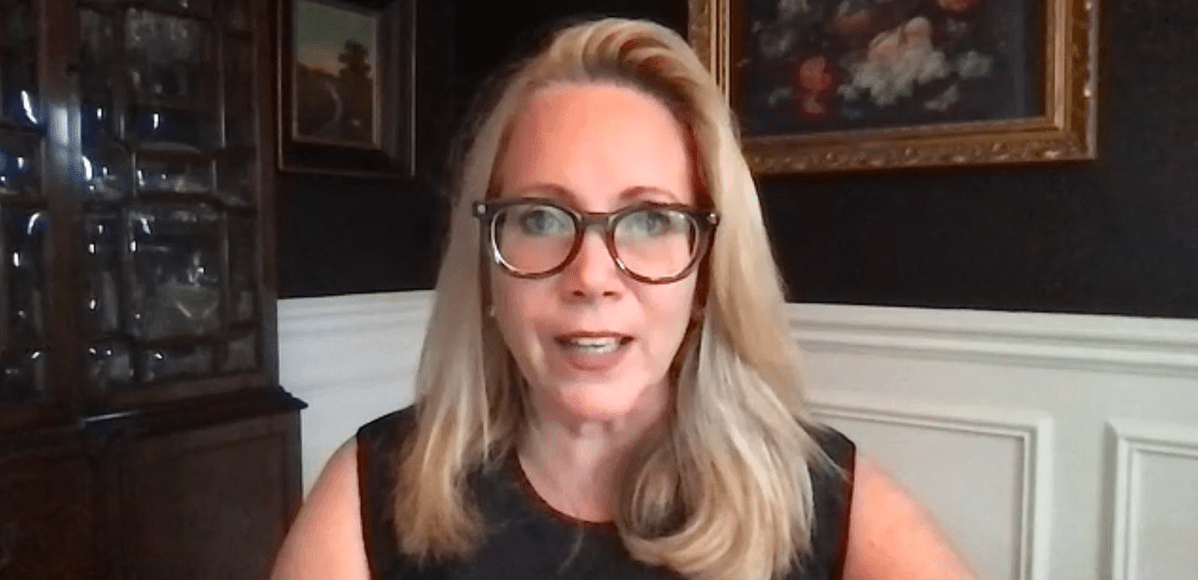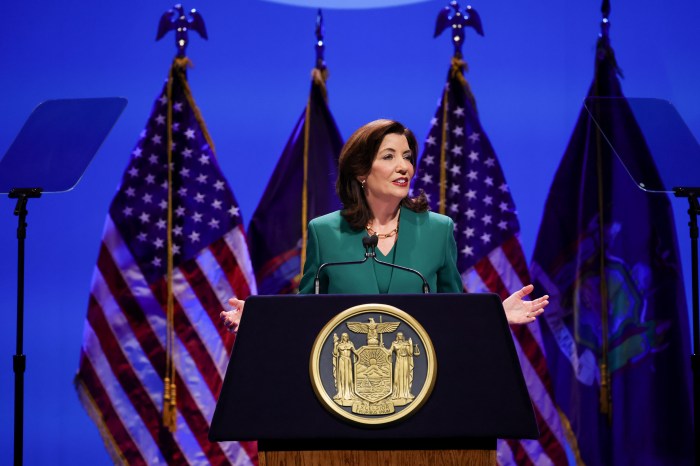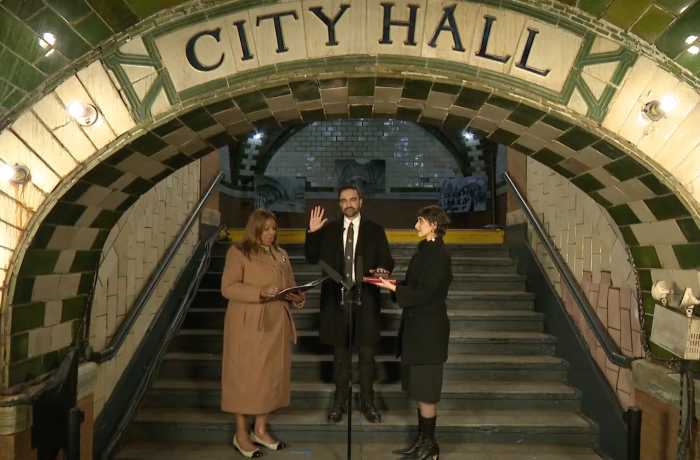Officials are sounding the alarm after the Pediatric Brain Tumor Consortium was informed in August that it will no longer receive federal funding beyond March 2026.
The organization is composed of 15 academic centers and children’s hospitals located across the U.S., with the objective of rapidly conducting novel phase 1 and 2 clinical evaluations of new therapeutic agents, treatment delivery technologies and radiation treatment strategies in children from infancy to 21 years of age with primary central nervous system tumors.
The National Cancer Institute said that it “is committed to ensuring that ongoing PBTC trials are completed wherever feasible and appropriate, either through direct close-out support to the PBTC after its current funding ends or by transferring studies to the [Pediatric Early Phase Clinical Trials Network] for completion,” on its website.
Ira Dunkel, the chair of the Pediatric Brain Tumor Consortium, said the organization is funded every five years by being prompted by the National Cancer Institute to submit an application for a grant. He said the organization has received roughly $4 million per year in recent years.
“We were informed that we would not have the opportunity to apply for continued funding, and that therefore the PBTC would cease to exist when our current funding expires on March 31st, 2026, or shortly after that,” he said.
U.S. Rep. Laura Gillen (D-NY District 4) led an online press conference on Thursday, Sept. 25, saying she is part of a bipartisan push to urge the Trump administration to restore the Pediatric Brain Tumor Consortium’s funding before it expires in March.
“I don’t think this is what the American people want,” she said.
Gillen said that pediatric brain tumors are the deadliest form of childhood cancer and that cuts will leave families with few options.
David Arons, the president and chief executive officer of the National Brain Tumor Society, said a petition with over 4,000 signatures will go to the National Cancer Institute to call for the protection of pediatric brain cancer clinical trials.
“We believe the Pediatric Brain Tumor Consortium should continue and the National Cancer Institute should work to improve it, not eliminate it,” he said. “It’s a vital part of our cancer ecosystem.”
Gillian Okimoto said she has been cancer-free for five years after being diagnosed with a rare form of bone cancer when she was 11.
She said at the time, she had felt isolated and her family was “full of fear.”
“After nine surgeries, I can now run and jump, and that’s the direct result of [pediatric cancer] research,” Okimoto said. “Without it, I may have had to have an amputation or a knee replacement, and we don’t even know if the treatment would have been successful.”
Okimoto said she was alarmed at the proposed cuts to cancer research.
“For the past eight months, the Trump administration has focused relentlessly on cutting life-saving medical research that could help doctors save other kids’ lives, the kind of research that saved my life,” she said.
Also on Sept. 25, Gillen, along with U.S. Sen. Kirsten Gillibrand and U.S. Rep. Mike Lawler (R-NY District 17), sent a letter to the Department of Health and Human Services Secretary Robert F. Kennedy and National Cancer Institute Deputy Director Douglas Lowy calling on their agencies to reconsider proposed federal funding cuts to the Pediatric Brain Tumor Consortium.
“This decision is devastating for patients, for researchers, and for so many affected by pediatric brain cancer. We cannot afford to take this step backward,” the lawmakers wrote in the letter.


































